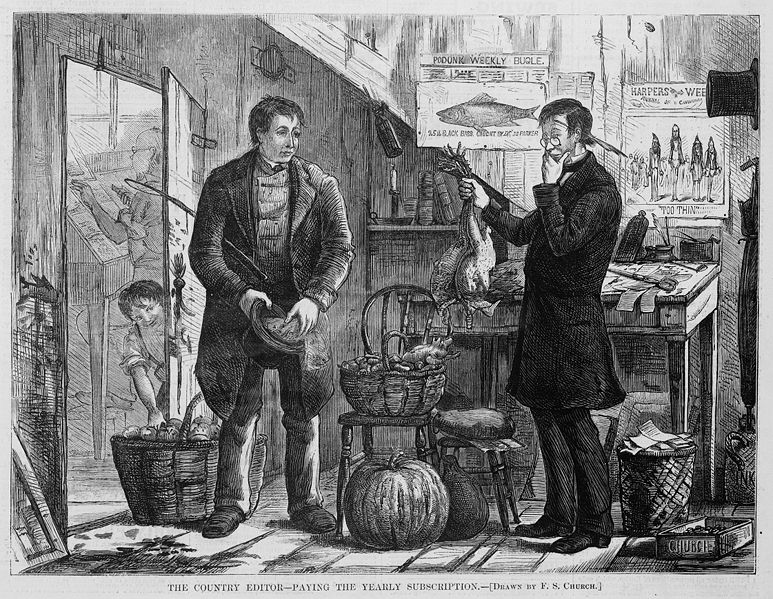|
|
|
|
#1 |
|
Banned
Join Date: Nov 2010
Posts: 2,128
|
The article is an innocent looking introduction to a very loaded subject that many of us have in mind some time ago. It is time for us to prepare for alternative local currencies and bartering systems.
Do you know one that is functioning successfully? Do you know something I do not? At the minimum I am thinking a local bartering system where currency might not even be necessary. The exchanges would be carried in a data base on the internet. When you set up committees and accumulate gold and silver coins you seem to be offering juicy targets for those who want to own us all. I think there is a way to offer bartering for basic goods and labor in a community and take the system to an interconnected higher level, spread it geographically. An Introduction To Complementary Currencies Amy Fontinelle In communities around the world, people have come up with alternatives to the usual way of paying for goods and services. Instead of yen, pounds or dollars, they are using privately developed substitutes called complementary currencies. What Are Complementary Currencies? A complementary currency is a medium of exchange that functions alongside a national currency, to fulfill a need that the national currency seemingly does not. According to the "International Journal of Community Currency Research," community and complementary currency systems have four main purposes: • To promote local economic development • To build social capital • To nurture more sustainable lifestyles • To meet needs that mainstream money does not Complementary currencies are not legal tender, only government-issued money has this status in many countries, including the United States, England and the eurozone countries. Legal tender is the only currency that must be accepted to satisfy a debt, in countries with legal tender laws. However, the parties to a transaction can mutually agree to do business with another payment form. Complementary currencies are thus legal, as long as they meet certain requirements. Businesses that earn them are generally required to count them as income for tax purposes. Also, complementary currencies are not allowed to look like the national currency. Bernard von NotHaus was convicted of counterfeiting in 2011, for his liberty dollars, which the U.S. government said looked too similar to government-issued money. Read more: http://www.sfgate.com/cgi-bin/articl...opedia6552.DTL An 1874 newspaper illustration from Harper's Weekly, showing a man engaging in barter: offering chickens in exchange for his yearly newspaper subscription. Wiki 
Last edited by Kennewickman; November 23rd, 2011 at 08:02 AM. |
 |
| Tags |
| bartering, complementary currencies |
| Share |
«
Previous Thread
|
Next Thread
»
| Thread | |
| Display Modes | |
|
|
All times are GMT -5. The time now is 01:00 AM.
Page generated in 0.04492 seconds.




 Linear Mode
Linear Mode
